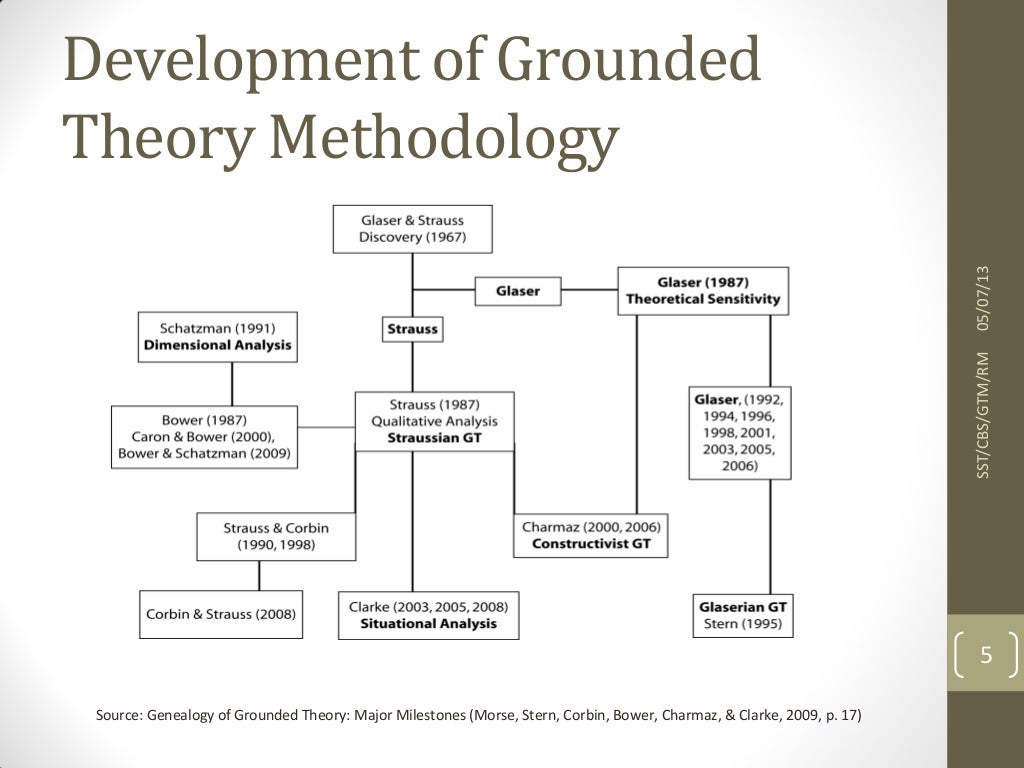


Realistically there are several main types of grounded theory:Ĭlassical grounded theory is based on the Glaser and Strauss (1967) book “ The Discovery of Grounded Theory”, in which it is envisaged more as a theory generation methodology, rather than just an analytical approach. And you can find many examples in peer-reviewed literature describing grounded theory as if there is only one approach.

If you are lucky, you’ll get a reference, probably to Strauss and Corbin (1990). And it can be a problem: a quick search of Google Scholar will show literally hundreds of qualitative research articles with the phrase “ grounded theory was used” and no more explanation than this. One of my favourite quotes on grounded theory is from Dey (1999) who says that there are “probably as many versions of grounded theory as there are grounded theorists”. Watch a video to learn more, or read on below: However, it is also a methodological box of worms, with a number of different approaches and confusing literature.

An approach that is often overused, it is a valuable way of approaching qualitative research when you aren’t sure what questions to ask. There is a lot more to it, and a myriad of different approaches.īasically, grounded theory aims to create a new theory of interpreting the world, either when it’s an area where there isn’t any existing theory, or you want to challenge what is already out there. While aimed primarily at sociologists, it will be useful to anyone Interested In studying social phenomena-political, educational, economic, industrial- especially If their studies are based on qualitative data.“It’s where you make up as you go along!”įor a lot of students, Grounded Theory is used to describe a qualitative analytical method, where you create a coding framework on the fly, from interesting topics that emerge from the data. In Part III, "Implications of Grounded Theory," Glaser and Strauss examine the credibility of grounded theory.The Discovery of Grounded Theory is directed toward improving social scientists' capacity for generating theory that will be relevant to their research. In Part II, The Flexible Use of Data," the generation of theory from qualitative, especially documentary, and quantitative data Is considered. This strategy involves the systematic choice and study of several comparison groups. Most important, it provides relevant predictions, explanations, interpretations, and applications.In Part I of the book, "Generation Theory by Comparative Analysis," the authors present a strategy whereby sociologists can facilitate the discovery of grounded theory, both substantive and formal. The discovery of theory from data-grounded theory-is a major task confronting sociology, for such a theory fits empirical situations, and is understandable to sociologists and laymen alike. In The Discovery of Grounded Theory, Barney Glaser and Anselm Strauss address the equally Important enterprise of how the discovery of theory from data-systematically obtained and analyzed in social research-can be furthered. Most writing on sociological method has been concerned with how accurate facts can be obtained and how theory can thereby be more rigorously tested.


 0 kommentar(er)
0 kommentar(er)
